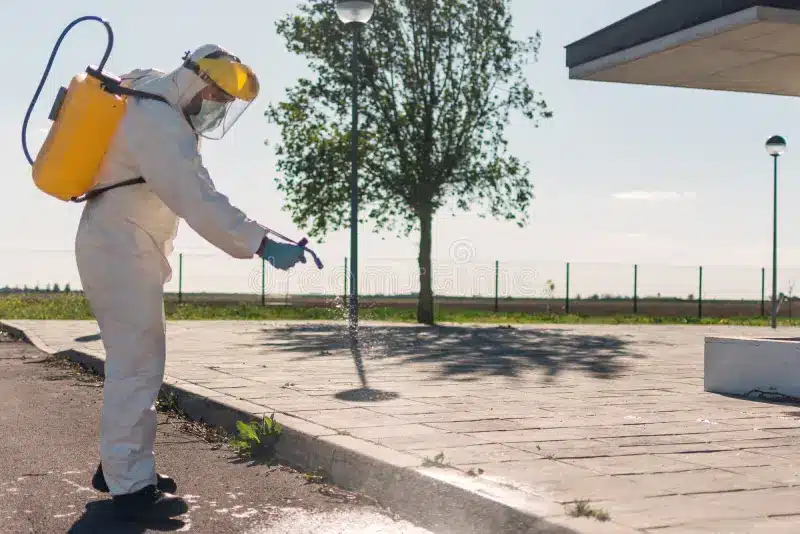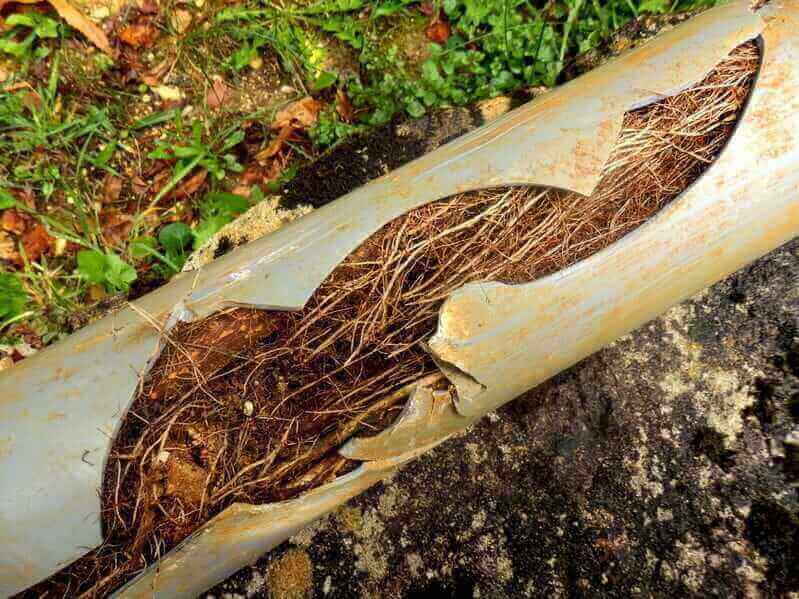Beyond Pesticides: Exploring Alternative Approaches to Pest Management for Healthier Living
Pest control and extermination have long been synonymous with toxic chemicals and harsh methods. Although conventional methods may reduce insect populations in the near term, they frequently have serious negative effects on human health and the environment. As we strive for a more sustainable and healthier way of living, we must explore alternative pest management techniques beyond pesticides.
The Dark Side of Traditional Pest Control
Before delving into alternative approaches, it’s crucial to understand the downsides of conventional pest control methods. Armed with a potent arsenal of chemical pesticides, exterminators have been the go-to solution for homeowners and businesses dealing with pest infestations. However, the unintended consequences of these practices are alarming.
1. Health Risks
Pesticides are chemical substances created for the express purpose of eliminating pests or preventing them from reproducing. Unfortunately, they don’t discriminate between pests and other living organisms, including humans. Exposure to these chemicals has been linked to a wide range of health concerns, from mild irritation of the respiratory tract and skin to more serious illnesses including cancer and neurological abnormalities.
2. Environmental Impact
Pesticides have far-reaching effects on the ecosystem beyond only the target pests. Contaminants from runoff from treated fields can damage aquatic life and upset ecosystems. Moreover, pesticides can persist in the environment for extended periods, causing long-term damage to soil health and biodiversity.
3. Resistance and Non-Target Effects
Pests are incredibly adaptable, and the repeated use of pesticides can lead to the development of resistant populations. This necessitates using even stronger chemicals, exacerbating the cycle of harm. In addition to killing helpful insects, birds, and animals, pesticides may throw entire ecosystems out of whack.
Exploring Alternative Pest Management Approaches
Fortunately, there is a growing awareness of the drawbacks associated with traditional pest control methods, leading to the development and adoption of alternative approaches that prioritize human and environmental health. Let’s explore some of these innovative techniques:
1. Integrated Pest Management (IPM)
Biological, cultural, physical, and chemical methods all play a role in IPM’s emphasis on prevention, monitoring, and control of pests. It aims to minimize the use of pesticides by targeting specific pests and employing less harmful alternatives, such as natural predators or traps.
2. Biological Pest Control
Using predators, parasites, and diseases found in nature is at the heart of biological pest control. Introduce ladybirds to rid your garden of aphids, and utilize nematodes to rid your soil of pests. This approach is both practical and environmentally friendly.
3. Organic Pest Control
The term “organic pest control” refers to the use of non-chemical methods to eliminate unwanted pests. This includes using companion planting, neem oil, diatomaceous earth, and other organic products to deter or eliminate problems while safeguarding human health and the environment.
4. Physical Barriers and Traps
Mechanical pest control methods like physical barriers (e.g., screens, nets) and traps (e.g., pheromone traps, sticky traps) can effectively capture or block pests without chemicals. These techniques do little harm, yet they can be pretty specific.
5. Education and Prevention
One of the most eco-friendly approaches to pest management is to prevent infestations from happening in the first place. Understanding the habits of pests, seeing them quickly, and taking preventative steps like cleaning and caulking benefit significantly from education.
The Benefits of Going Beyond Pesticides
Embracing alternative approaches to pest management offers numerous benefits:
1. Healthier Living
Our health and our family’s health depend on our ability to limit our contact with harmful chemicals. Alternative methods are generally safer for humans and pets.
2. Environmental Conservation
Minimizing the use of harmful chemicals reduces pollution and helps safeguard ecosystems. It preserves the delicate balance of nature and promotes biodiversity.
3. Long-Term Cost Savings
Although alternative pest management methods may cost more at first, they can end up saving money in the long run by lowering the number of treatments needed and the risk of costly medical expenses.
4. Sustainable Agriculture
Adopting alternative pest management practices in agriculture can lead to more sustainable and resilient farming systems, ultimately benefiting food security and the environment.
Conclusion
Beyond pesticides, there exists a world of innovative and sustainable pest management approaches that can help us live healthier, more environmentally responsible lives. It’s high time we shift our focus from quick-fix solutions that harm our health and the planet to methods that prioritize long-term well-being and ecological balance. The Earth will be in better shape for future generations if we use non-chemical methods of pest control.







